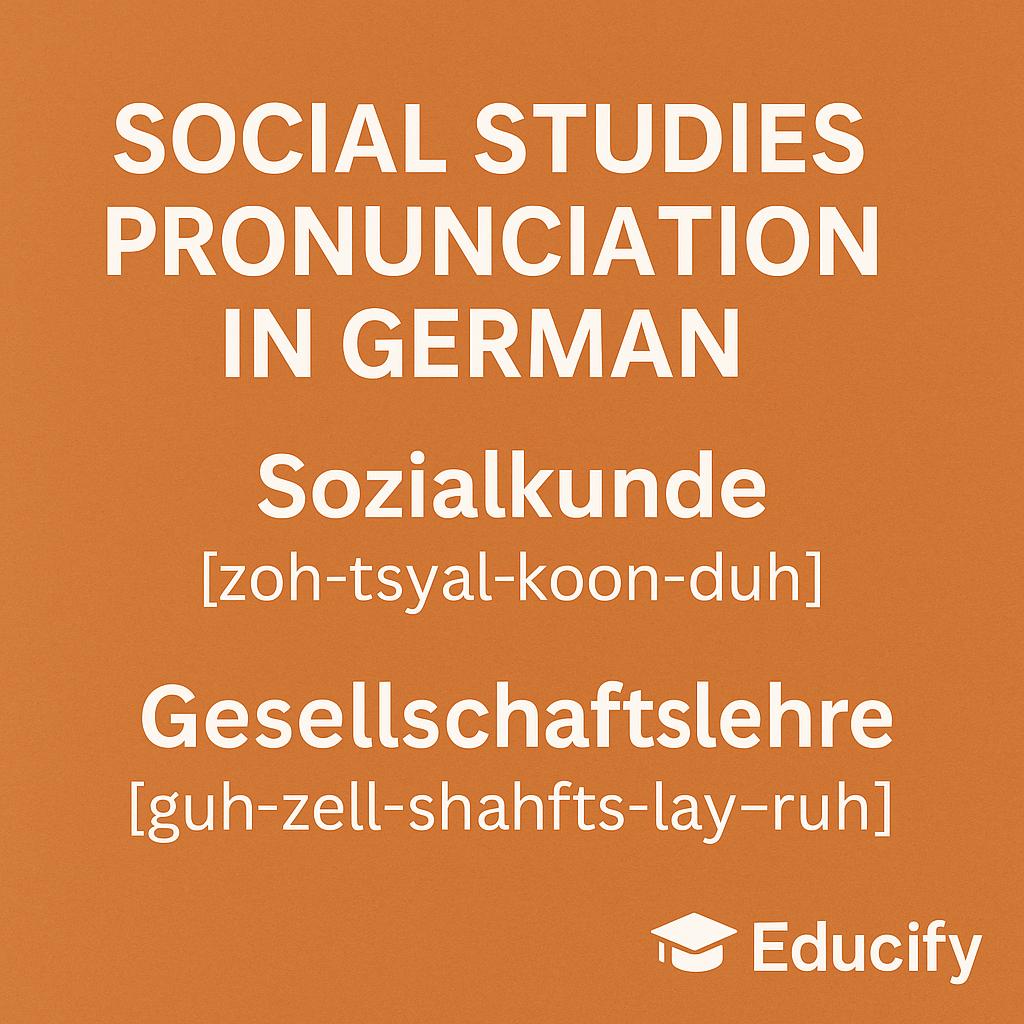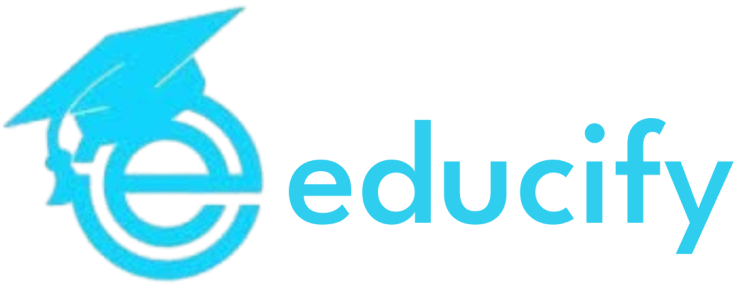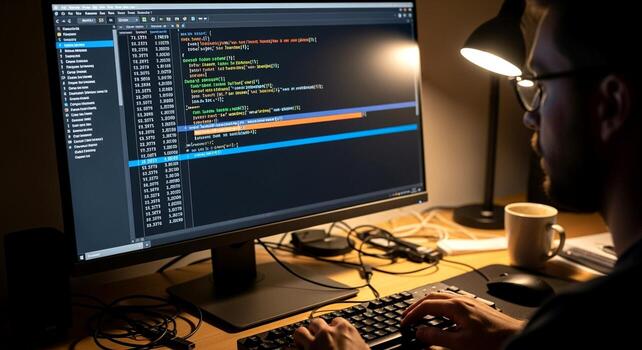Social studies pronunciation in German can be challenging, especially for non-native speakers learning both the subject and the language. Whether you’re a student navigating bilingual classes or a teacher helping kids grasp concepts across languages, mastering pronunciation is key to understanding and retention.

In this blog, we break down how to pronounce “social studies” in German correctly, explore similar academic terms, and offer helpful tools for learners at all levels.
What Is “Social Studies” in German?
In German, “social studies” is commonly translated as:
Sozialkunde – (zoh-TSYAL-koon-duh)
Gesellschaftslehre – (guh-ZELL-shahfts-LAY-ruh)
Both terms refer to the study of society, politics, economics, and history in schools. The use varies by region and educational system in German-speaking countries. In many schools, “Sozialkunde” is the more widely recognized term.
Breaking Down the Pronunciation
Let’s break it down phonetically:
- Sozialkunde
- Sozial = zoh-TSYAL
- Kunde = KOON-duh
- Together: zoh-TSYAL-koon-duh
- Gesellschaftslehre
- Gesellschaft = guh-ZELL-shahft
- Lehre = LAY-ruh
- Together: guh-ZELL-shahfts-LAY-ruh
Both words are compound nouns. German pronunciation is more consistent than English, but stress usually falls on the first syllable in educational terms.
Why Pronunciation Matters in Multilingual Learning
Accurate pronunciation supports better comprehension and communication. For bilingual students or international learners studying in German-speaking environments, mispronouncing key terms like “Sozialkunde” can lead to misunderstandings in class discussions, tests, or presentations.
Learning correct pronunciation also builds student confidence — a critical part of mastering both a subject and a new language.
If you’re a student learning German as a second language, understanding how subjects are named and pronounced boosts your fluency and helps you better navigate educational environments.
Tools to Help You Practice German Pronunciation
Here are some excellent tools for mastering the social studies pronunciation in German and other key academic terms:
- Forvo – A pronunciation dictionary where native speakers upload audio clips. Search “Sozialkunde” or “Gesellschaftslehre.”
- Google Translate (with sound) – Offers audio pronunciation for individual words.
- YouTube Channels like “Learn German with Anja” or “Deutsch für Euch” often include vocabulary by school subjects.
- Duolingo & Babbel – While not focused on academic terms, they help build pronunciation skills through speech-based exercises.
🧒 For Kids and Beginners: Make It Fun!
If you’re teaching younger learners, gamify the process:
- Turn vocabulary into flashcards with pronunciation guides.
- Use visuals for subjects like Sozialkunde, pairing the word with images of classrooms, students, or national symbols.
- Practice as a group using call-and-response or repetition drills.
🏫 Real-Life Usage Examples
🧑🏫 “Ich habe heute Sozialkundeunterricht.”
(I have Social Studies class today.)
👩🎓 “Gesellschaftslehre ist mein Lieblingsfach.”
(Social Studies is my favorite subject.)
Try using these sentences in your German practice journals or language apps to get used to real-world application.
🔊 Practice Makes Perfect!
Here’s how to improve your German subject pronunciation:
- ✅ Listen and Repeat: Use YouTube videos or language apps like Duolingo and Memrise.
- ✅ Record Yourself: Compare your pronunciation with native speakers.
- ✅ Label Your Subjects: Make flashcards with “Sozialkunde” and “Gesellschaftslehre” for daily practice.
- ✅ Join Language Groups: Practice speaking with peers or tutors online.
📚 Extra Tip: Watch German Classroom Videos
Find simple YouTube videos of German classroom scenes or school vlogs where students talk about their daily routine. Listen to how they refer to subjects like Sozialkunde—and try to shadow their pronunciation!
🚀 Final Thoughts: Start Speaking Like a Native
Mastering Social Studies pronunciation in German is just one small but empowering step on your language learning journey. Whether you’re a student, a curious learner, or a homeschooling parent, these small wins in pronunciation build long-term confidence and fluency.
Explore more fun and interactive resources on Educify.org — where learning becomes an adventure!
Want more pronunciation tips, study hacks, and language learning resources?
👉 Visit Educify.org for kid-friendly, smart, and engaging learning tools!
Don’t just study—learn smarter and speak better with Educify!
🔗 Related Posts You Might Like:
https://learn.educify.org/improve-parent-teacher-communication-canada/
https://learn.educify.org/the-best-study-techniques-for-students-to-study-smarter-not-harder/
https://learn.educify.org/trendy-back-to-school-clothes-in-the-us/













